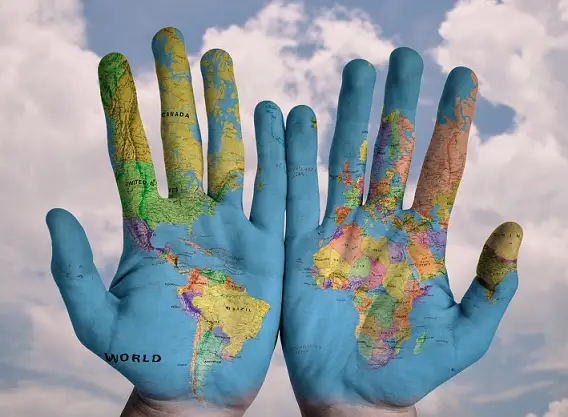On Monday, Bloomberg reported that analysts expect that the BRICS group, whose members include Brazil, Russia, India, China, and South Africa, will add more to the world’s economic growth than the US-led Group of Seven (G7) nations this year.
Bloomberg’s calculations show that based on the latest IMF data, in the coming year the BRICS nations will add 32.1% of the growth seen in the global economy, while the G7 will only contribute 29.9% of the growth the world economy will see.
The G7, made up of the US, UK, Canada, France, Germany, Italy, and Japan, has historically been seen as the most dominant and influential economic bloc of countries in the world. Russia had been a member, until it was expelled in 2014 following the Western-launched Maidan coup in Ukraine, in which Russia subsequently seized the Crimean peninsula.
Bloomberg’s report found that in 2020, the BRICS countries and the G7 contributed equally to the global economic growth that year. However since that time, the growth of the western-bloc has been slowing. The report predicts that by 2028, the G7 will only contribute 27.8% of the world’s growth, while the rapidly growing BRICS economies will add 35% of the world’s growth.
China will be at the top of the list of contributors to global growth over the coming five years, as it’s contribution is set to double that of the United States. China’s share of global growth is predicted to be 22.6% of total world growth by 2028. India, also a BRICS nation, will contribute 12.9% of the world’s GDP.
Bloomberg wrote, “In total, 75% of global growth is expected to be concentrated in 20 countries and over half in the top four: China, India, the US and Indonesia. While Group of Seven countries will comprise a smaller share, Germany, Japan, the United Kingdom and France are seen among the top 10 contributors.”
A UK-based macroeconomics firm has also predicted in its research that the two blocs will see the gap between their performance grow, in terms of global economic influence. The researchers noted that even as China and India are seeing expanding economic growth, still other countries are looking to join the BRICS alliance.
Russian Foreign Minister Sergey Lavrov said earlier in the year that “more than a dozen” nations have shown interest in joining the BRICS alliance, including Algeria, Argentina, Bahrain, Bangladesh, Indonesia, Iran, Egypt, Mexico, Nigeria, Pakistan, Sudan, Syria, Türkiye, the United Arab Emirates, and Venezuela. Saudi Arabia, Egypt, and Bangladesh have already picked up equity in the funding organization of BRICs, the New Development Bank.
BRICS has also been discussing forming its own currency, as a way to move away from the dollar and the euro in mutual transactions.

